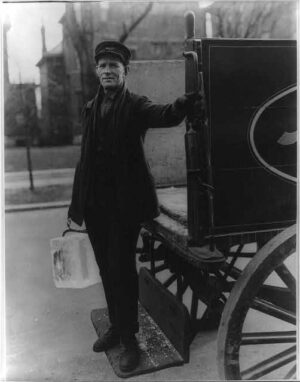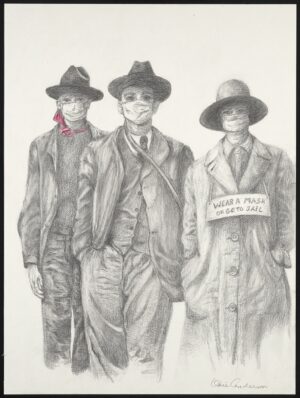Southern Legitimacy Statement:I am a Southerner–born, bred, raised, and hopefully to be buried in the red clay soil of Georgia. I grew up in rural Georgia and experienced the poverty and wealth of a lumber dependent family. From outdoor toilets, kerosene lamps, and wood stoves to urban living with electricity and city water, I have lived the entire Southern experience. A three-time graduate of the University of Georgia, my heart bleeds red and black. As a historian, my major field was the Civil War and Reconstruction.
No Taste for Chicken and Dumplings
I have NO use for chicken and dumplings—not from a taste standpoint, but because that is the one dish that brings back bad memories of growing up. Let me explain.
My father was in the logging business in South Georgia and had five growing children to feed and no education. The logging business was an “up-and-down” proposition—good times followed by a mini-depression. “Down” times hit us pretty hard. Around 1954, we moved from Clinch County to Bryan County, Georgia, when my father had followed the timber. For a while, we did okay, but in 1956, the bottom fell out of logging. It became necessary to feed the family by using fish traps, seining for eels, hunting deer and hogs at night, and growing a few vegetables in an ever-expanding garden. The 4-H club helped feed us, although they were never aware of it.
I was a member of the club—heart, hands, head and health—and actually received one hundred baby chicks to raise as layers. Mostly I fed them seed corn (also gotten from the 4-H Club) and they were doing quite nicely. When the timber economy collapsed, however, I began to notice that my herd of chickens was decreasing in number, while we enjoyed an improved diet of fried chicken, stewed chicken with dumplings, and chicken prepared in a number of other ways. Slowly, slowly, slowly, the chickens got fewer and fewer in number.
Soon they were gone—with the single exception of a scraggly rooster that had a club foot, a deformed beak, and a comb that was a comb in name only. He was my younger brother’s pet and would do several tricks for him. Eating him would have amounted to cannibalism, so he escaped the stew pot.
Then that awful day came when the 4-H leader informed me that it was time to bring my best chicken in to school to be judged. I was in a quandary—what to do? There was no escape! I had to bring a chicken in for judging, and the only chicken I had was Artemis, the deformed rooster. On the appointed day, I gathered him up and headed for school.
Soon, the other 4-Hers had their layers lined up for judging—fat, nicely feathered, drooping red combs—all perfect specimens. And there I was, alone at the end of the judging table—Artemis proudly crowing—embarrassed and ashamed. Not one to run from a challenge, I stayed my ground, hoping against hope that somehow time for judging would expire before the judge got to me. No such luck!
The judge, a really nice old farmer, arrived in front of us—Artemis and me—and stood silently gazing at this small boy and his deformed rooster.
“Son,” he said quietly, “this judging is for layers. What you have here, I think, is a small, skinny, and downright ugly rooster. What happen to the other ninety-nine biddies you got to raise?”
Raised by my momma to always tell the truth, I looked him in the eye and answered, “They died, sir, they all died.” I failed to mention that Momma had wrung their necks or that they had kept a group of five hungry kids fed. It was true—they had died, but for a good cause.
Fortunately, the timber industry took an upturn soon after that, and times got better. However, to this day, I can only eat fried chicken and chicken pot pies. Stewed chicken, chicken and dumplings, roasted chicken evoke painful memories that, sixty years later, remind me of times I had rather forget!







